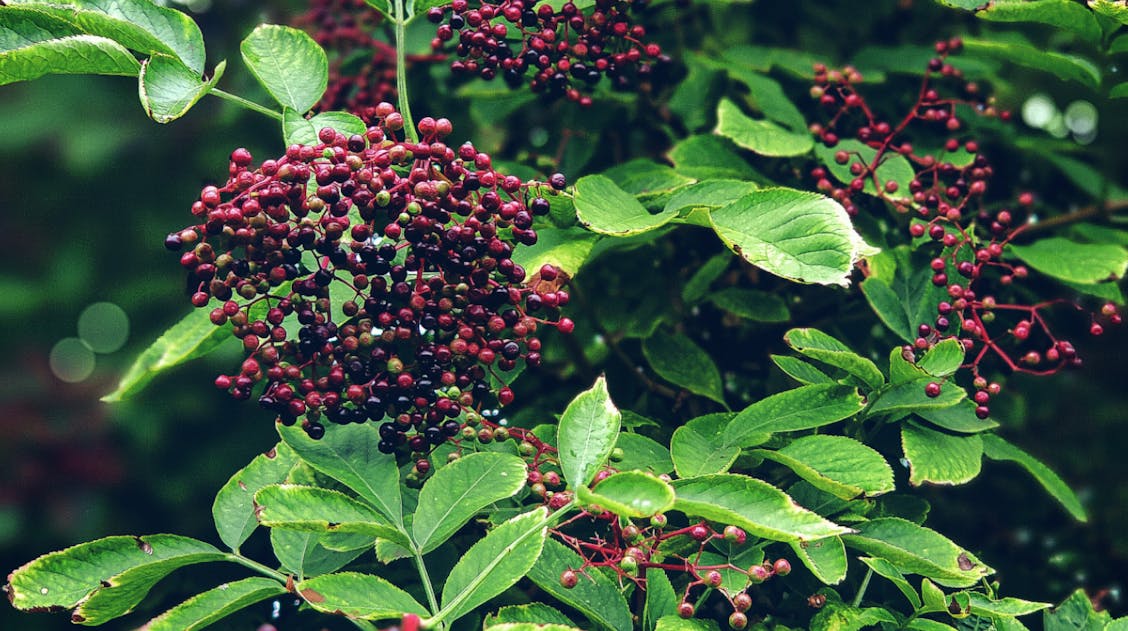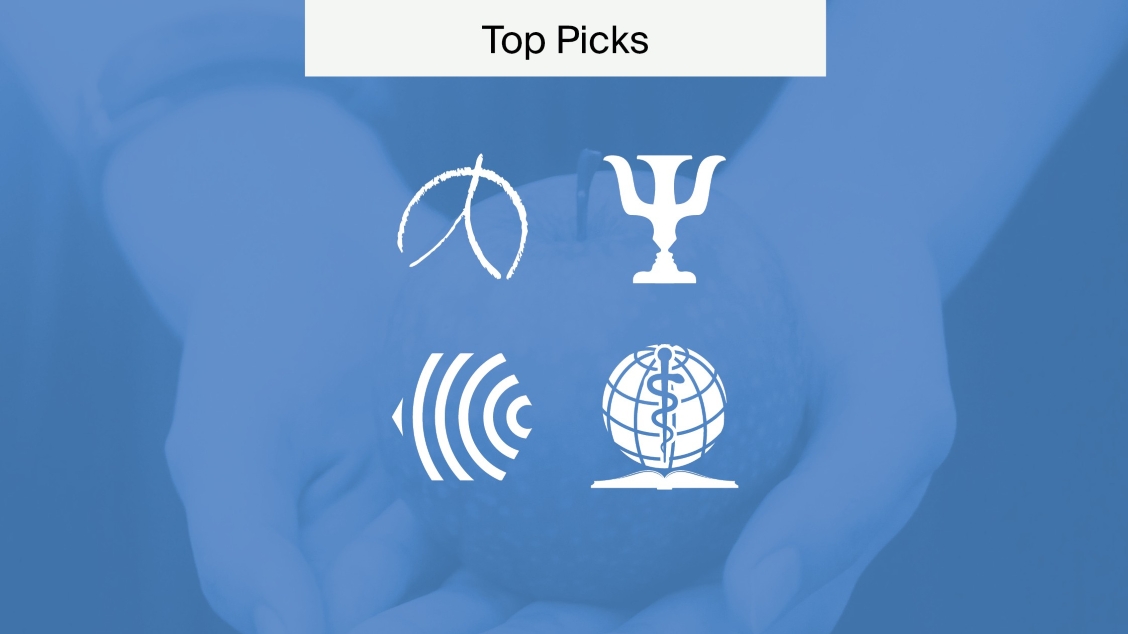
Elderberry Juice Consumption Beneficial for Improving Metabolism
Obesity is an ongoing health crisis that is affecting a wide range of countries across the globe. The rate of obesity is continuing to grow in both children and adults.
Moreover, the World Obesity Atlas 2022 published by the World Obesity Federation predicted that one billion people globally will be living with obesity in 2030. In addition, they also identified that a range of countries will not meet the 2025 World Health Organisation target to stop the rise of obesity. In fact, the Atlas revealed that the number of people with obesity is expected to double across the globe. Because of this, researchers have been looking for alternative foods and diets that can help to reduce this trend.
This includes elderberries, which are just being recognised for their health benefits. Researchers who recently published a clinical trial in the Open Access journal Nutrients discovered that elderberry juice (EBJ) may be an effective tool for weight management and enhancing metabolic health.
Elderberry juice health benefits
Elderberry is a dark purple berry that grows on European or black elder trees. They are native to Europe, North America, Western Asia, and North Africa. Elderflowers are commonly used as flavouring and decoration in food and beverages and are products of the same tree. People have utilized both elderberries and elderflowers for their medicinal properties.
Elderflowers contain antioxidants and people can use them to treat coughs, colds, and flu. Researchers are only now understanding the full extent of elderberries’ medicinal properties. Elderberries are rich in anthocyanins, a diverse subclass of flavonoids. They have recently become a key area of interest for their health benefits.
“Elderberry is an underappreciated berry, commercially and nutritionally. We’re now starting to recognize its value for human health, and the results are very exciting.”- Dr. Patrick Solverson, author of study.
Anthocyanins have a wide variety of health-benefiting properties. This includes anti-inflammatory and antioxidant, as well as promoting metabolic alterations associated with obesity, diabetes, dyslipidaemia, and cardiovascular disease. Additional health benefits of anthocyanins include preventing the absorption of monosaccharides, encouraging weight loss, improving glycaemic control, and reducing the risk of diabetes and cardiovascular disease.
Researchers from the US previously investigated the properties of other berries rich in anthocyanins, such as blackberries. In this study, they aimed to investigate the properties of elderberries and their potential health benefits for obesity and compare them against previous results using other anthocyanin-rich berries.
Elderberry juice benefits for obesity
The researchers performed a short-term controlled feeding study in overweight but healthy adult volunteers. The trial participants were females and males aged 22–75 years old. The researchers recruited the participant from the Spokane metropolitan area who heard about the trial via advertisements.
Following application, the interested participants were screened for eligibility with a health questionnaire, study application, and blood tests. The weight and height of the participants were also taken into account. The volunteers were disqualified if they were pregnant or planning to become pregnant.
Additionally, other disqualification criteria included having a body mass index below 25 kg/m², having an allergy/intolerance to elderberries, a history of bariatric surgery, tobacco use in the last 6 months, and significant weight loss or gain in the last 2 months. Moreover, volunteers were also disqualified if they had chronic diseases or conditions, including cancer, Crohn’s disease, diverticulitis, other gastrointestinal issues, type 2 diabetes, or alcoholism.
Trialling elderberry juice benefits in humans
The researchers conducted a randomised placebo-controlled clinical trial that included two separate treatments. They told the participants not to take multivitamins during the trial. Moreover they also told the participants to avoid certain foods rich in anthocyanin, such as edible berries, red grapes, cherries, plums, red apples, red cabbage, red radishes, red onion, eggplant, and certain beans
Each treatment period was 1 week and separated by a 3-week washout period. During this treatment week, the participants were asked to consume 355 g of either 100% elderberry juice (EBJ) or a colour-matched/flavour-matched placebo beverage daily.
The participants were unaware of the randomised treatment sequence (sequence 1 placebo then EBJ; sequence 2 EBJ then placebo). Moreover, each treatment period included 4 days of controlled diets using a 40% carbohydrate and 20% protein diet. This was to compare measurements in faecal microbiota. Moreover it also allowed for meal tolerance testing (MTT) and indirect calorimetry between test beverages.
Analysing elderberry juice effect on gut microbiota
The researchers aimed to determine the effect of EBJ consumption on the composition of the gut microbiome. Following the controlled diet, stool samples were taken from the participants; this was repeated during each diet period. The researchers extracted the DNA from the stool samples and compared the measurements of faecal microbiota species.
Analysing elderberry juice’s impact on insulin levels
Meal tolerance testing (MTT) demonstrates how much insulin the body is making. Researchers usually done following the consumption of a liquid beverage containing fats, protein, and carbohydrates.
However, in this study, the researchers designed a challenge meal for the participants to eat within 10 minutes on day 8 of the treatment period, following a 12-hour fast. Initially, the participants were weighed, blood samples were taken, and then they were given a meal consisting of 80 g toaster waffles, 80 g pancake syrup, and 355 g EBJ or placebo beverage.
Following the MTT, blood samples were collected from the participants every thirty minutes from the first bite of the meal for 3 hours to analyse their blood glucose and plasma insulin levels.
The researchers gave the participants a 15–30-minute break following the blood sampling. They then asked them to walk on a treadmill for 30 minutes at 3 miles per hour to assess indirect calorimetry
Implications of elderberry juice for promoting health
This human clinical trial is the first of its kind to demonstrate that daily consumption of EBJ for one week significantly increases the presence of beneficial gut microbial communities. Moreover, these communities improve the health of the host. Maintaining a healthy microbiome is crucial for promoting immune function. As well as improving digestion and reducing the risk of many diseases and conditions.
The researchers demonstrate that, compared to the placebo, EBJ significantly increased beneficial bacteria, Firmicutes and Actinobacteria, whilst decreasing the opportunistic Bacteroidetes phyla. Additionally, they also identified that, at the genus level, elderberry juice increased Faecalibacterium, Ruminococcaceae, and Bifidobacterium and decreased lactic acid-producing bacteria.
Moreover, the researchers identified that consumption of EBJ improved metabolism by reducing participants’ blood glucose levels by 24% following the MTT.
They also identified that the participants showed an increase in fat oxidation by 27% during the MTT and 30 minutes of moderate physical exercise. These results could have a real impact on those with obesity or diabetes by improving metabolism and supporting the breakdown of fatty acids.
Furthermore, promoting the presence of beneficial gut microbiota will also have a range of benefits for the host, including reducing inflammation, regulating appetite, and improving metabolism.
“Food is medicine, and science is catching up to that popular wisdom. This study contributes to a growing body of evidence that elderberry, which has been used as a folk remedy for centuries, has numerous benefits for metabolic as well as prebiotic health”. Dr. Patrick Solverson, author of study.
The researchers concluded that their findings confirm the bioactivity of elderberry juice related to gut health and obesity. Moreover, they explain that a follow-up investigation is needed to confirm the findings and test for longer periods.
Learn more about or submit nutrients research
If you would like to read more about diet and gut microbiota, please see the Nutrients Special Issue: Dietary Intake of Phytochemicals, Gut Microbiota, and Appetite Control.
Or if you would like to submit research in this area, please see the Nutrients website for more information.










